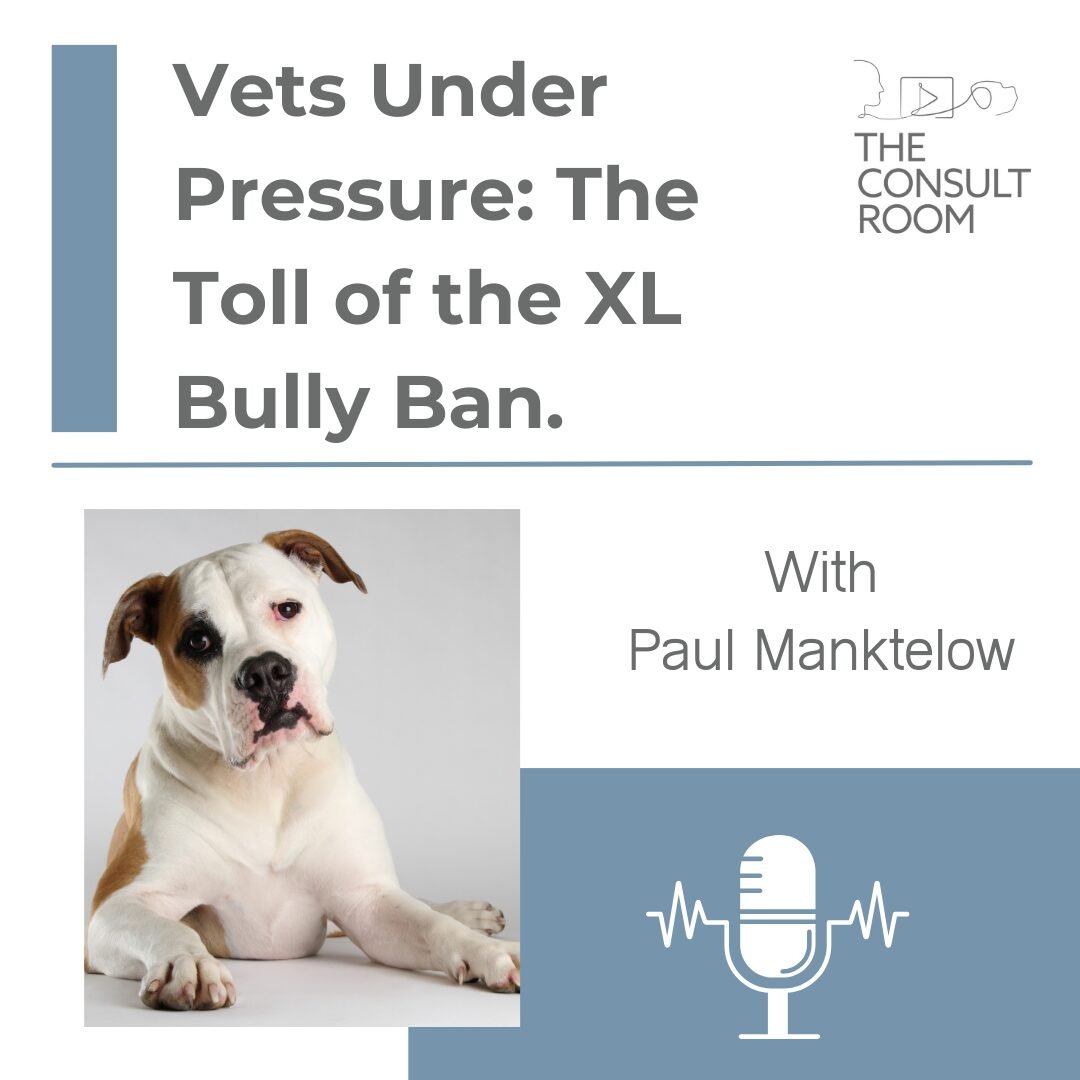Dangerous dog breeds are at the centre of a row over a new bill passed in Egypt. The bill, which recognises just 10 breeds as ‘safe’, has triggered discussions about what defines a dog as dangerous, bringing the nature vs nurture debate right back onto centre stage – in a country where dogs have only recently started to enjoy the status of pet.
Whilst the UK is well known as a pet-loving nation, with dogs being a firm favourite for many pet owners, it might come as a surprise that in Egypt, dogs have been growing in popularity too. Although there are no precise figures on Egypt’s pet population, there’s growing recognition that the past decade has seen the number of pet dogs increase significantly.
Emerging Egyptian evidence
Not only are pet dogs now a more visible presence in Egypt’s capital of Cairo, the pet industry also offers evidence that Egypt is among the world’s fastest growing markets. For instance, Hamburg-based market data firm Statista forecasts the Egyptian pet food market is expected to grow by 7.99% annually between 2023 – 2028, and already shows increased revenue of over US$10 million across 2022-2023.
Meanwhile, another report on the Egyptian Pet Food Market (2022-2027) from Ireland’s Research and Markets highlights that the pet food industry in Egypt was worth $300 million in 2021 and has been ‘gradually developing with rising income stability and awareness about pet health.’
The link between Pet Health & Wealth
The report also acknowledges ‘pet ownership is triggered by the rising upper and middle-class population in Egypt’ and that ‘the dog is the most favoured pet in Egypt, followed closely by cats’ – the same top two on the pet leaderboard as we have here in the UK!
But whilst it’s been this way in the UK for a while, this is a significant development in Egypt where historically dogs haven’t always enjoyed the popular vote, let alone the status of pet. Mainly this is because in Islam, the dominant religion in Egypt, dogs were perceived as unclean and not to be owned for companionship, only for guarding or hunting purposes.
However, in 2010 well-respected Muslim scholars successfully argued that dogs are ‘pure’ under Islamic law and owning them doesn’t undermine a Muslim’s piety. With this prompting many middle and upper class families to embrace dogs as family pets, the number of dog owners registered with the Egyptian Kennel Association grew vastly from just 2000 in 2016 to over 860,000 in 2019.
Good news for dogs and owners?
You’d think this would be good news for dogs but, just as hearts and homes started to open up in Egypt, on May 23 another Egyptian law changed. This time, a divisive bill named the ‘Regulation of the Possession of Dangerous Animals and Dogs.’
As outlined in The National News, the bill requires the ownership of dangerous animals – which includes dogs alongside lions and tigers – to be registered with Egypt’s General Organisation for Veterinary Services. The cost of compliance, which applies to dog owners, is a fee of up to 50,000 Egyptian pounds (approx £1,234). With dog ownership already reflecting aspects of wealth and class in Egypt, this additional cost is starting to impact on many families. And it doesn’t stop there as currently, just like here in the UK, pet owners in Egypt too are struggling with a cost of living crisis and dog shelters are already filling up, as reported recently in Al-Monitor.
Bad news for ‘dangerous’ dog breeds
But worse still is that the bill requires the veterinary authority to conduct inspections to decide how safe any dog is. Of all the possible dog breeds out there (and we know there are so many) just 10 breeds of dog have been approved for registration without inspection and the fee the owner will pay will depend on the breed. These ‘approved’ breeds are:
- Cocker spaniels
- Labradors
- Poodles
- Malinois
- Pomeranians
- Jack Russell terriers
- Great Danes
- White German shepherds
- Maltese dogs
- Samoyeds
For individual dogs of other breeds, the authority’s inspection decides how safe it is, but even without inspection some have been pre-identified as dangerous dog breeds, including German Shepherds, Pitbulls, Rottweilers and Huskies, amongst others. Any dog from the dangerous dog list or one which does not ‘pass’ the inspection, is considered unsafe and confiscated by the state.
Deciding a dog breed is ‘bad’
The bill was released in May 2023 and is already causing high fees and heartache for dog owners and dividing dog ownership in Egypt. It is also stirring international controversy in the veterinary world and social media over what defines a dangerous dog breed.
With decades in veterinary practice, I know first-hand that ‘bad’ dogs are not determined by breed. Although it can be helpful to choose a dog based on genetic make up and behavioural traits (a reason why Border Collies are popularly ‘sheepdogs’ for example) other factors will always apply – including the way any individual dog is bred, reared, trained and kept.
Of course, nature vs nurture has always been a healthy (and divisive) debate for discussing both human and animal behaviour too. But in dogs particularly, whilst generic imprinting and influence are certainly relevant, the nurture impact can start even prior to conception as aspects such as responsible breeding, hand-rearing and good care of pups, to environmental influences including whether a pup is exposed to different stimuli, trained or traumatised, can impact on any breed of dog.
So it’s all together extremely worrying that a dog’s life can be decided by a ‘dangerous dog breeds’ list, when those breeds themselves appear to have been decided in such an arbitrary way. As such, the impact of the Egyptian bill on families and their pets is a significant story of interest to vets on the international stage.
But for me, there’s a more worrying feature which is yet to be revealed: what is actually happening to those dogs who are confiscated? Although the law doesn’t specify if unapproved dogs should be culled or placed with dog shelters, the fact that Egyptian rescue centres are already reaching capacity as a result of the cost of living crisis means the potential fate of confiscated dogs looks pretty grim.
As I’ve raised in previous podcasts and blogs, national and international pet charities are already seeing the results of the trauma of war and abandonment on dogs in Ukraine and, like many in the veterinary community, I have genuine concern about the divisive situation the bill is creating for dog owners in Egypt, and those family dogs on Egypt’s ‘dangerous’ dog breeds list.
Photo Credit: Photo by Simon Berger on Unsplash
 Dr Paul Manktelow is a vet who’s worked for almost 20 years on the front line in some of the UK’s busiest veterinary hospitals. As Chief Vet in the Charity Sector, he leads a team of vets and nurses that treat thousands of pets every year. Paul also appears regularly in the media as a TV and radio presenter, writer, public speaker and podcast producer.
Dr Paul Manktelow is a vet who’s worked for almost 20 years on the front line in some of the UK’s busiest veterinary hospitals. As Chief Vet in the Charity Sector, he leads a team of vets and nurses that treat thousands of pets every year. Paul also appears regularly in the media as a TV and radio presenter, writer, public speaker and podcast producer.






Leave A Comment